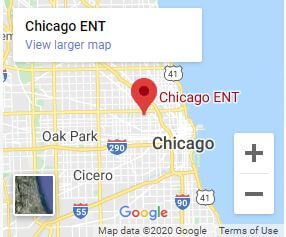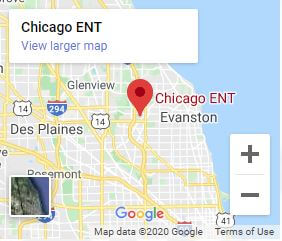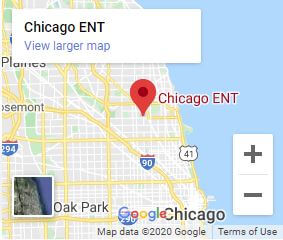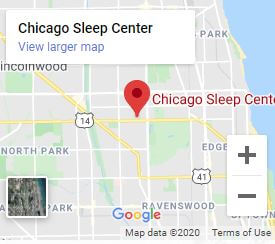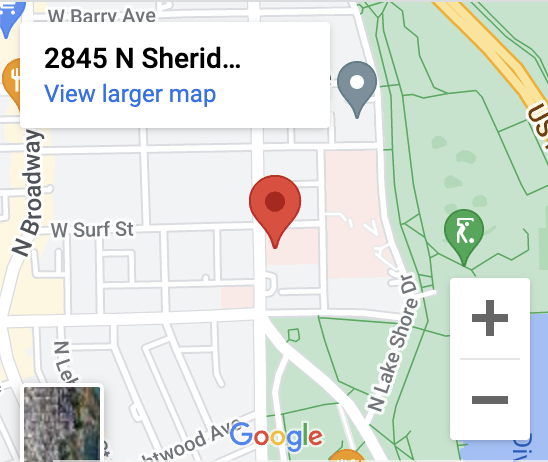Children may seem like they are always at the doctor for one reason or another. Did you know that ear infections are one of the common reasons children have to see their doctor?
If it seems like children get more ear infections than adults, that’s because they do. An ear infection occurs when bacteria or viruses collect in the middle ear. The middle ear is the space located behind the eardrum.
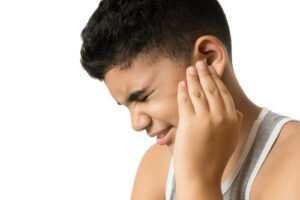
Children tend to get more ear infections, in part, because their bodies aren’t done developing. This especially affects the Eustachian tubes, which are the parts of the ear that drain fluid.
Ear, nose, and throat disorders are the primary reason children see their doctor
In children, these tubes are smaller and a lot closer to the ground. For children, this means that even if they are healthy, it’s a lot harder for their Eustachian tubes to drain as they should.
Now imagine your child has a cold or the flu. The Eustachian tubes may swell or fill up with mucus due to congestion. Since the tubes might not be able to drain properly, this can become the perfect environment for bacteria to grow.
In some children, this can then lead to an ear infection. If you notice that your child gets frequent ear infections, let their physician know.
Children are also more likely to suffer from tonsillitis

If your child suffers from frequent sore throats, gets strep throat often, or has inflamed tonsils, they may have tonsillitis. Tonsillitis is simply an inflammation of the tonsils. It’s usually caused because of a viral or bacterial infection.
A tonsillectomy may become necessary if your child has tonsillitis regularly and doesn’t seem to get better. Your doctor may refer you to Chicago ENT for a comprehensive evaluation with Dr. Colman, our board-certified Pediatric Otolaryngologist.
We can come up with an individualized treatment plan for your child and may recommend removing the tonsils or another option.
Yes, children can have allergies

Age doesn’t discriminate when it comes to allergies and children are no exception. If your child has persistent sinus disorders, constant post-nasal drip, or a sore throat that won’t go away, don’t rule out allergies.
What can you do if you find out your child has allergies?
The first step is finding out what they are allergic to. Chicago ENT can diagnose allergies in children and prescribe medication to help with symptoms.
If medication isn’t enough, we will offer surgical treatment if it becomes necessary. When you know what your child is allergic to, the next thing to do is remove it from your home if possible.
If they are allergic to certain pollen or the family pet, you can look into how to make them more comfortable. If it is the pet, you may need to modify where they are allowed in the home.
This may mean no longer allowing them on the bed or furniture to reduce shedding. Be sure to talk to your child’s doctor at Chicago ENT for recommendations to make the transition as easy as possible for your family.
What can I do to keep my children healthy?
There’s no way of knowing if keeping your child healthy will keep them from developing ear infections, tonsillitis, or allergies. It certainly can’t hurt! So, what can you do to keep your children healthy all year long?
Make sure they get enough sleep

If you want a healthy child, getting enough sleep is a crucial step. How much sleep depends on the age of your child. Toddlers should get around 12 hours of sleep a night.
If your child is 3-6 years old, they should get 10-12 hours of sleep. If they are 7-12, aim for 10-11 hours. Teenagers should get about 8-9 hours.
If you want to stick to a regular bedtime, consistency is key. Set a bedtime and stick to this time as much as possible, even on weekends.
Give them plenty of fruits and vegetables

Kids don’t exactly like fruits and vegetables, but as a parent, it’s your responsibility to make sure they eat a balanced diet. Sure, you can give them plenty of fruits and vegetables, but how do you make sure they eat them?
Start by doing your best to always eat together as a family. Studies have shown that children eat more fruits and vegetables and less processed foods when they eat with the entire family.
Make an effort to incorporate a fruit or vegetable into every meal or snack. Add berries on top of cereal, or roast some vegetables to include as part of your family dinner that night.
Tired of watching your child push their fruits or vegetables to the side of their plate? Make sure you’re eating enough fruits and vegetables in front of them! Leading by example will help them see that fruits and vegetables are normal and something everyone eats, even Mom and Dad.
Keep them well-hydrated

If your children are complaining about being thirsty, this is the first sign that they need to be drinking more water. Adults should drink at least eight 8 ounce glasses of water every day.
Children should drink anywhere between 5-10 glasses of water a day. But what child wants to drink water when there are juice drinks, juice boxes, and soda in the fridge instead?
Even fruit juices like apple juice and orange juice have sugar in them, which can lead to tooth decay. It’s okay to have juice and soda as a treat, but children should drink water as their primary way to quench thirst.
Keep less juice and soda in your fridge. Encourage your child to drink water when they feel thirsty.
Find a cute water bottle that matches their sense of style that they can proudly take to school with them. Make drinking water seem cool, so lead by example. Drink more water and you’ll feel better too!
Concerned about your child’s ear, nose, or throat needs? Schedule an appointment at Chicago ENT in Chicago, IL now!











